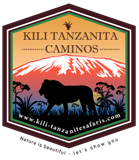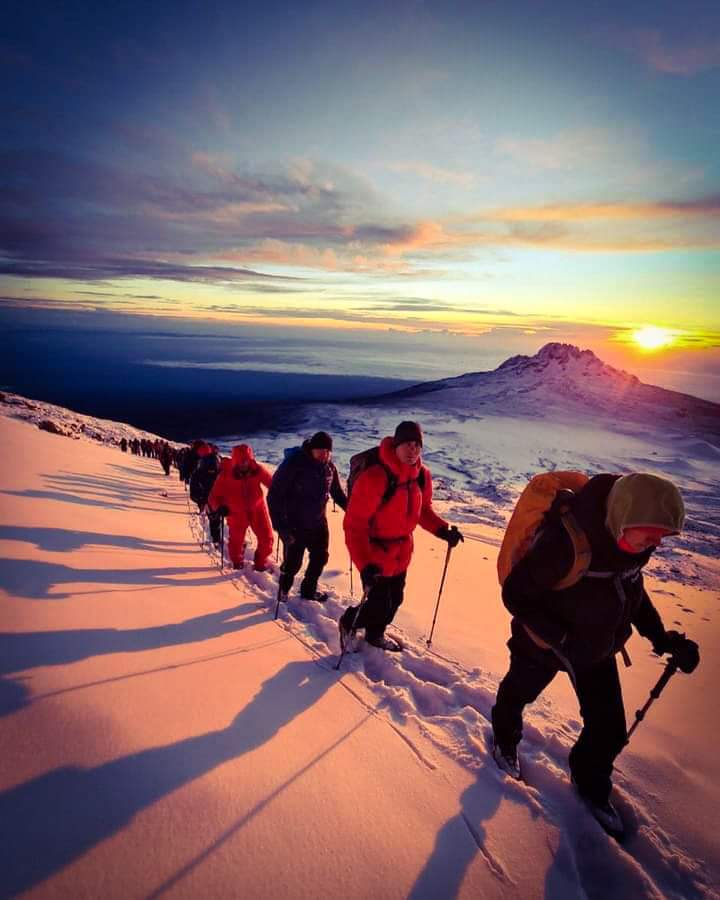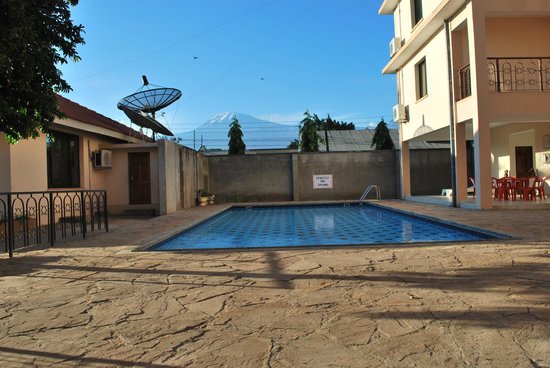Tanzania’s ecotourism is a combination of wildlife safaris, adventures, and community. Ecotourism in Tanzania is best defined as a low-impact form of tourism that supports the conservation of natural resources. Also, Ecotourism practices help preserve local culture and provides economic benefits to the communities. Natural Resource conservation comes in many forms like Wildlife conservation, anti-poaching, forest protection, etc. This means ecotourism helps the local community to improve its welfare, local people get income through cultural tourism and see the importance of wildlife conservation.
Mount Kilimanjaro forest is among the benefits of nature conservation and has become the most favorite ecotourism destination. Things to do in the Kilimanjaro forest are Kilimanjaro trekking, wildlife viewing tours, bird watching, adventure hiking, mountain biking, etc. Learn more about Mount Kilimanjaro forest tours.
For Tour Operators we call it Responsible Travel which includes providing guiding services to visit nature beauty attractions, going to places without crowds of tourists, using local guides, and supporting local communities. Mount Kilimanjaro trails with ecotourism characteristics are the Rongai Route, Shira Trail, and Lemosho Route. Eco trekking Kilimanjaro deals include the Rongai route 6 days, 7 days Lemosho route Kilimanjaro climb, private Kilimanjaro climbing 8 days Lemosho, and 9 days Kilimanjaro expeditions on the northern circuit route.
Ecotourism to preserve local culture is like cultural tourism to less privileged communities like Bushmen and Maasai villages. Income accrued helps Hadzabe in Lake Eyasi and Masai tribe to send their children to school. Eco Travel Lodges and ecotourism travel companies are advised to use energy that does not destroy nature like most Eco Lodges use solar power and prohibit the use of charcoal or firewood. Tanzania low-cost safari bookings, family travel safaris, honeymoon safari holidays, and photographic safaris are found here.
Tourists should benefit by visiting beautiful natural wonders, finding these travel places intact without environmental destruction. Eventually, these holidaygoers enjoy the tourist attractions and see much wildlife in their natural habitat. Tourists should take only photos, and avoid taking animals or plants from nature. If exotic plants grow in Tanzania wildlife parks, they can interfere with indigenous plants or interbreed without plans of the National Park Authority. Now, you can check safari programs, also mentioned safari ecotourism deals below.
Check Samples of Tanzania Ecotourism Travel Deals
- Responsible Travel Safari deal 9 days
- Eco Lodges and Eco Camps in Tanzania Parks
- Mount Kilimanjaro climbing Northern Circuit 9 days
- Kilimanjaro trekking ecotourism 8 days Lemosho route
- Ecotourism safari 12 days booking
The ecotourism project supports communities by arranging trips to Esilalei Maasai Women Cultural Boma near Tarangire Park. Other cultural tourist places are Machame Nkweshoo cultural tours near Machame route gate. We facilitate booking a tour to Kondoa Irangi rock painting historical tour in Kolo village in Central Tanzania. More local places to visit are Old Moshi Kilimanjaro Historical tour about German colonial rule remnants church, etc,
Contact us for more details and planning of trip booking, Email: [email protected]



